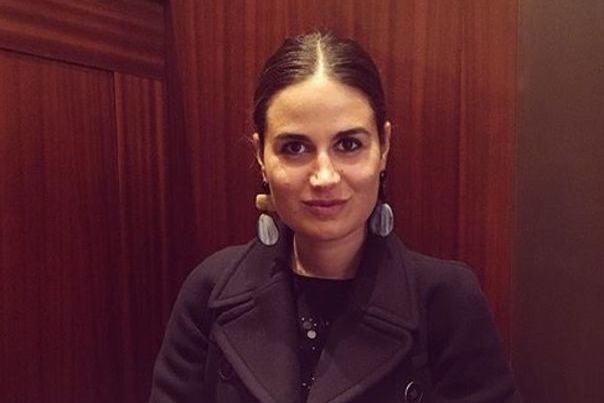A Fragmentation of Cinematic Waves Is the Main Challenge of Italian Film Criticism
By Carolina Iacucci, Italy

Carolina Iacucci
I am a classicist with a solid academic background in philological studies. Therefore, I consider films as coded visual texts needing to be unlocked. My aim is to detect and keep together all of the multiple levels of a movie’s critical reading by means of an exhaustive comprehension of both, its aesthetic achievements and its ways of translating social and personal anxieties.
Watching a movie is not only an opportunity to experience emotional involvement and aesthetic pleasure, but also to gain intellectual insights into the current state of our society, both locally and globally. This is why a film critic is urged not solely to rank a movie, but also to deeply understand its potential of disclosing the future directions of our social concerns. Precisely by performing a twofold role, diagnostic and pedagogical, a film critic can illuminate the emptiness of meaning in cinematic experiences and deconstruct the received but theoretically questionable binary between formalism and engagement.
In Italy, due to the complexity and the cumbersome shadow of its filmic legacy, contemporary cinema appears to be fragmented into several erratic tendencies. The range goes from cinematic experiences following the neo-realistic lesson and its pauperistic roots, to those more attentive to conceptual and aesthetic challenges on the endless mystery of the human condition and our untamed spiritual life as universal entities.
Paolo Sorrentino, probably the most recognised Italian director, embodies the most vivid example of the latter trend, with his strong authorial mark and his poetics suspended between realism and surrealism, mundanity and metaphysics. Another prominent Italian filmmaker is Luca Guadagnino, who recently garnered international acclaim for his unique and cosmopolitan way of both sensually and concisely depicting the torments of the ‘haute bourgeoisie’.
More specifically, I would like to focus on the cinematic research of two young filmmakers, whose work seems to combine the two opposite terms of the intimate gaze and the social dimension. Alice Rohrwacher, an Italian-German director and screenwriter, in her second feature film THE WONDERS (LE MERAVIGLIE, 2014) succeeds in setting a coming-of-age tale focused on a sweet and sour father-daughter relationship in an original and socially interesting country landscape, which is distant both from the pastoral sublimation and from ideological trivialisation.
In a similar way, Laura Bispuri, who is returning to the Berlinale Competition this year with her second feature film DAUGHTER OF MINE (FIGLIA MIA, 2018), in her authorial debut SWORN VIRGIN (VERGINE GIURATA, 2015) evokes a non-stereotypical image of Italy as an inclusive and multicultural country, while hypnotically investigating the process of rediscovering womanhood as experienced by Hana, an Albanian ‘sworn virgin’ who, following the ‘Kanun’, repudiated her gender in her teens in order to escape a fate of submission and annihilation.

